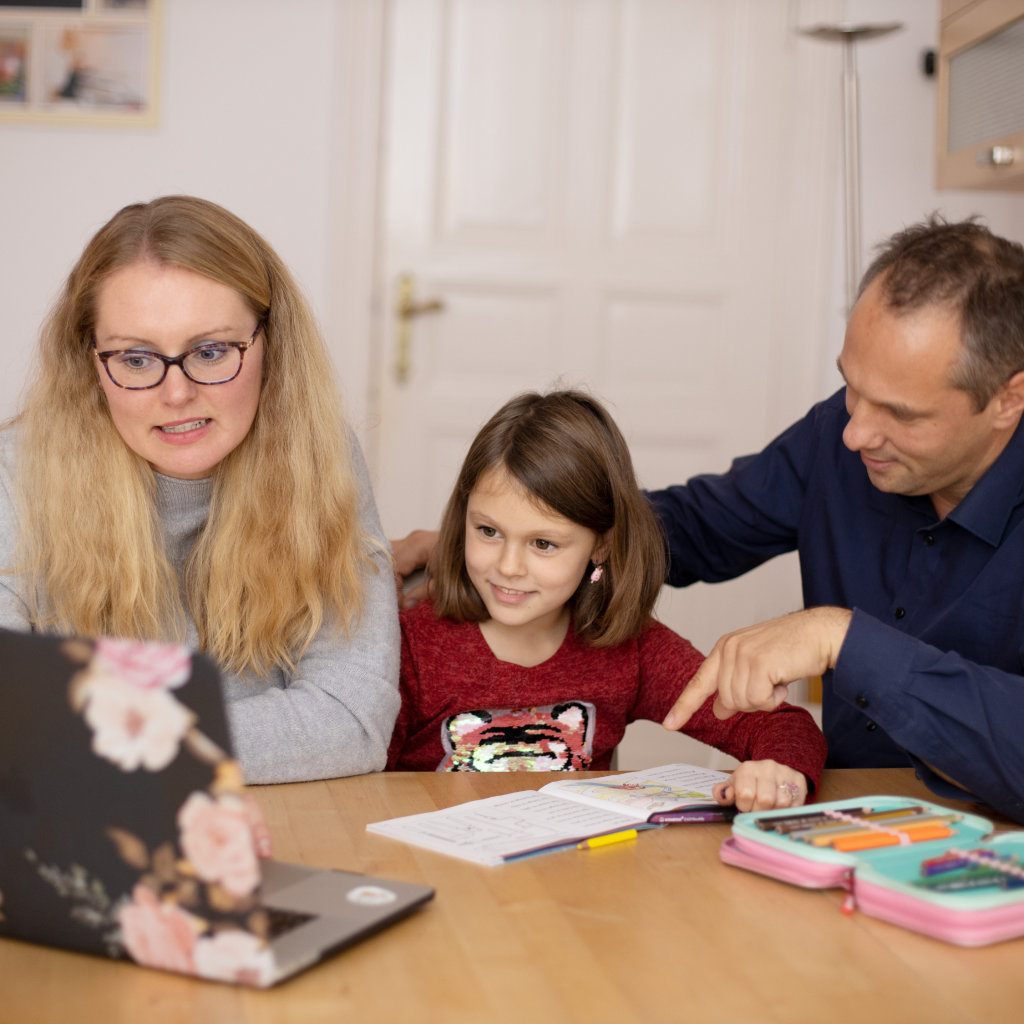
Most parents want the very best for their children—but even with good intentions, some habits can unknowingly stunt confidence, strain relationships, or trigger anxiety. The goal of this list isn’t to spark guilt; it’s to spark growth. When we know better, we can do better—and model that same openness for our kids.
1. Ignoring Emotional Needs (Uninvolved Parenting)
When children repeatedly feel brushed off—“Stop crying, it’s no big deal”—they may internalize the belief that their feelings are unimportant.
Your takeaway: schedule daily check‑ins, validate feelings before offering solutions, and show you’re listening with eye contact and reflective language (“It sounds like recess felt tough today.”)
2. Using Strict Control Without Warmth (Authoritarian Parenting)
Rules without relationship equal rebellion—or, at the other extreme, people‑pleasing anxiety. Research shows that authoritarian homes correlate with higher levels of childhood stress and lower academic curiosity. Swap “Because I said so” for explanations that teach why a rule exists; pair consequences with reassurance of love.
3. Too Much Freedom, Not Enough Structure (Permissive Parenting)
Kids crave boundaries; they signal safety. When limits are vague (“Do whatever, just be good”), children struggle with impulse control and often test bigger risks. A balanced approach—clear rules delivered with warmth—helps kids predict outcomes and trust your guidance.
4. Spanking and Physical Discipline (Corporal Punishment)
Decades of data reveal that spanking increases aggression and lowers moral internalization. Swap physical punishment for time‑ins, natural consequences, and collaborative problem‑solving.
5. Letting the Internet Guide You
A single viral post can spread medical myths faster than fact‑checked articles. Pediatricians warn that trending “remedies” (think raw‑milk baby formula or bleach baths) can be downright dangerous. The American Academy of Pediatrics urges parents to verify any health hack with a licensed provider before trying it.

6. Comparing Your Child to Others
“Why can’t you behave like your sister?” may motivate in the moment, but research shows frequent comparison fuels sibling rivalry and erodes self‑worth. Highlight individual strengths instead: “I love how curious you are about science” or “Your drawings show such creativity.”
7. Rewarding Only Results, Not Effort
Praising A‑grades without acknowledging the hours of studying teaches kids that worth equals performance. Carol Dweck’s growth‑mindset research suggests recognizing effort (“You worked hard on those math problems”) cultivates resilience and a love of learning—even when outcomes disappoint.
8. Over‑Scheduling Without Downtime
Back‑to‑back activities can crowd out essential play, sleep, and daydreaming—all critical for mental health and creativity. We recommend at least an hour of unstructured time daily. Protect “white‑space” in the family calendar where boredom—and imagination—can bloom.
9. Threatening Consequences You Don’t Enforce
Empty threats teach kids that boundaries bend. If you declare “No video games for a week,” stick to it—or choose a realistic, shorter ban you will uphold. Consistency builds trust in your word and clarity around expectations.
10. Expecting Adult‑Level Emotional Control
Brains aren’t fully wired for self‑regulation until the mid‑20s. Demanding immediate calm (“Stop crying NOW”) can shame kids for normal feelings. Instead, coach them through breathing exercises, label emotions out loud (“Looks like you’re frustrated”), and practice coping skills when everyone’s calm.
Moving Forward With Awareness and Compassion
Recognizing harmful parenting practices isn’t an indictment—it’s an invitation to evolve. Children don’t need perfect parents; they need parents willing to learn, apologize, and try again.
Choose one habit above to tweak this week—maybe validating feelings instead of dismissing them, or setting firmer digital‑advice filters—and note the shift in your child’s confidence. Small, consistent changes compound into a healthier family culture where everyone can thrive.
Which point resonated most with you—or what would you add? Drop a comment below and keep the conversation growing.
Read More
- 5 Tips to Ease the Anxiety of Moving for Your Kids
- Parental Trauma: Healthy Children Have Never Had to Endure These 12 Things

Samantha Warren is a holistic marketing strategist with 8+ years of experience partnering with startups, Fortune 500 companies, and everything in between. With an entrepreneurial mindset, she excels at shaping brand narratives through data-driven, creative content. When she’s not working, Samantha loves to travel and draws inspiration from her trips to Thailand, Spain, Costa Rica, and beyond.












